Remembering Martin Luther King's Last, Most Radical Book
New Politics
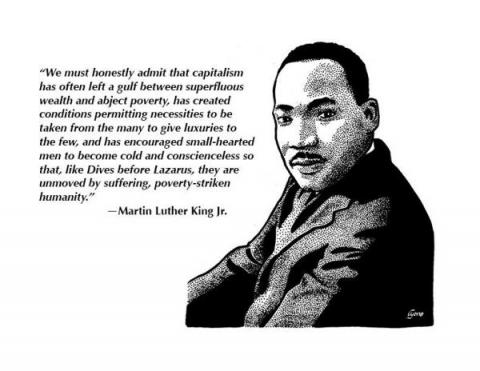
Martin Luther King's last book was downplayed when it was first published in 1967; even radicals thought it passe. On the 50th anniversary of its first publication--it is still in print-- the reviewers find much of value here for contemporary readers.


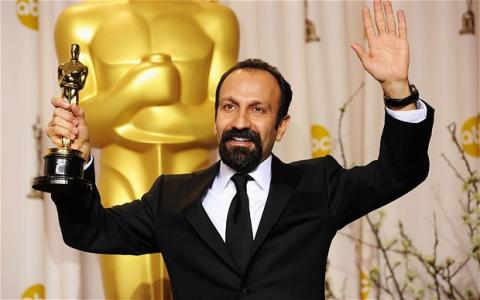
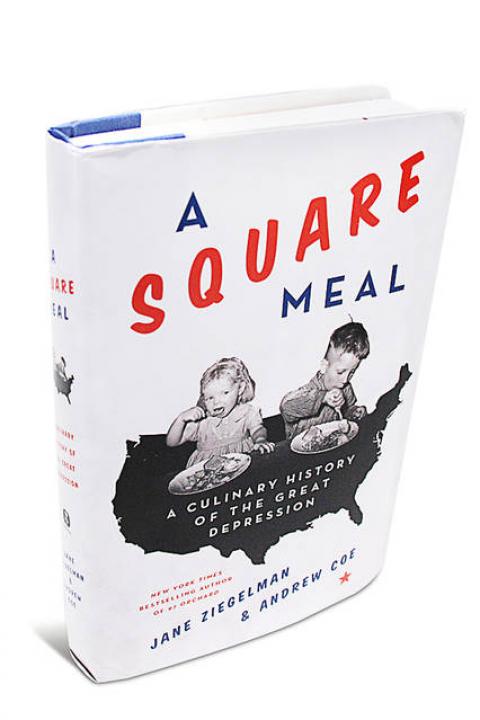

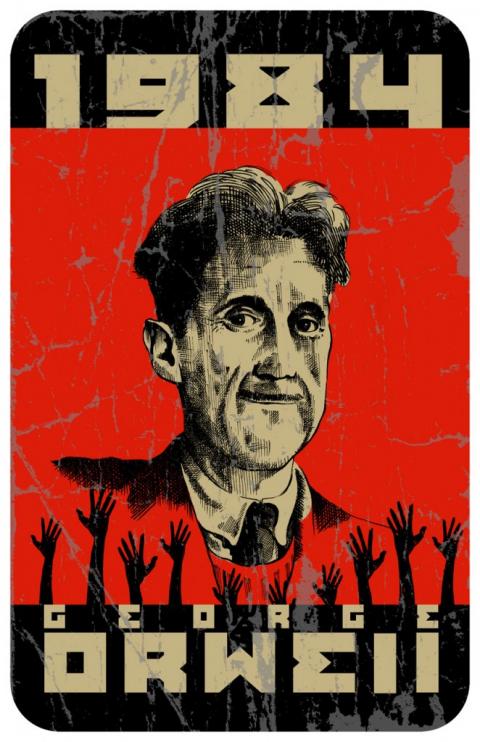
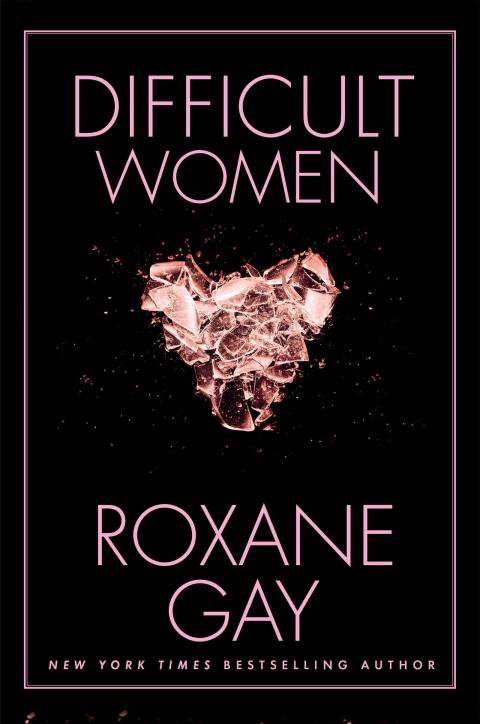


Spread the word